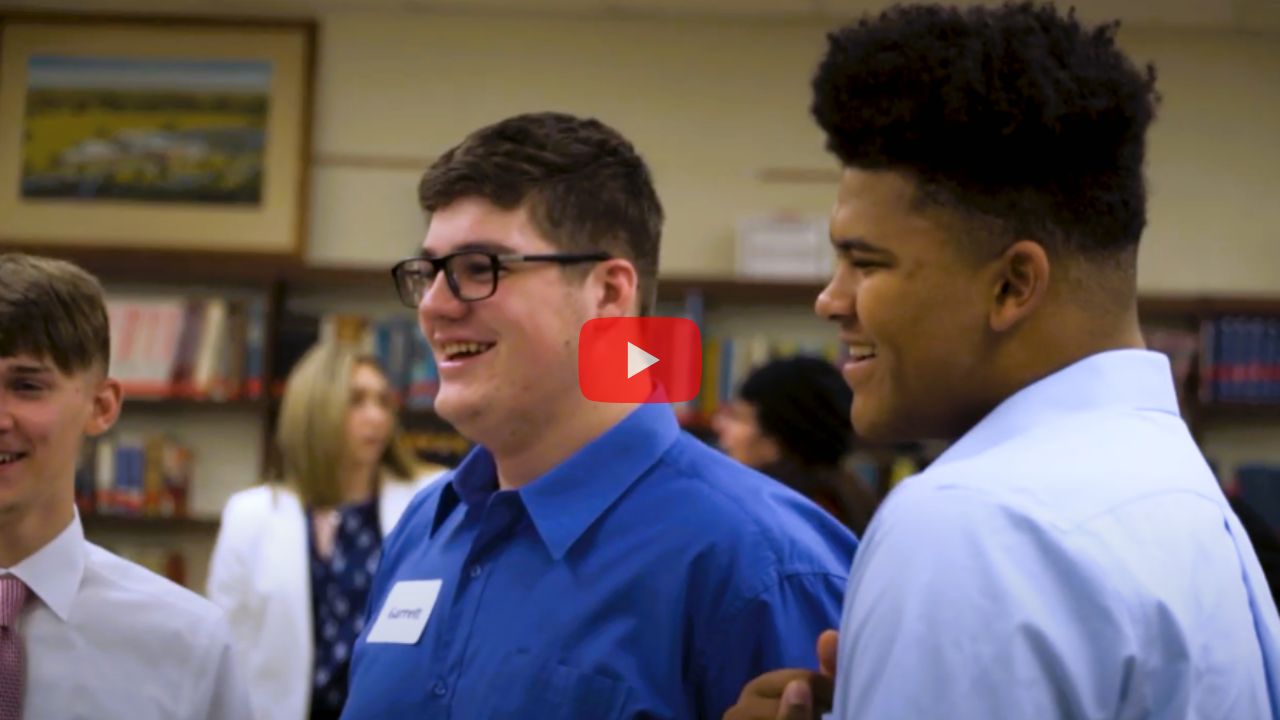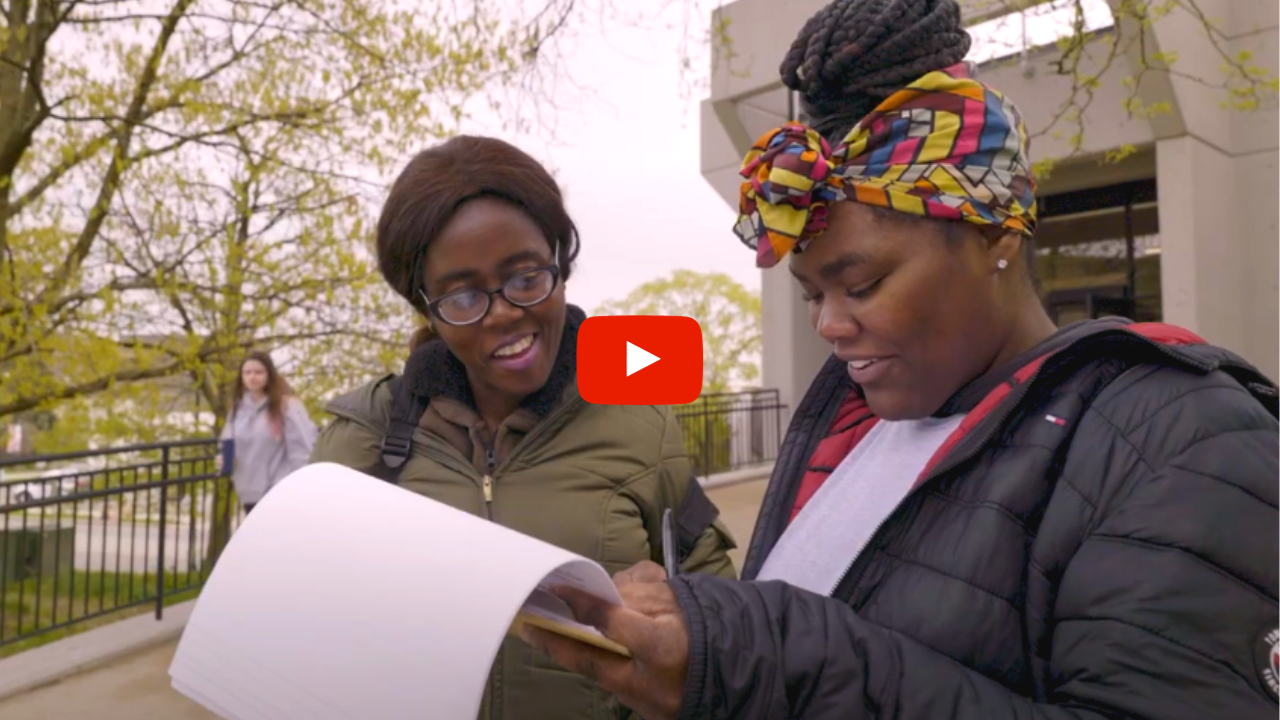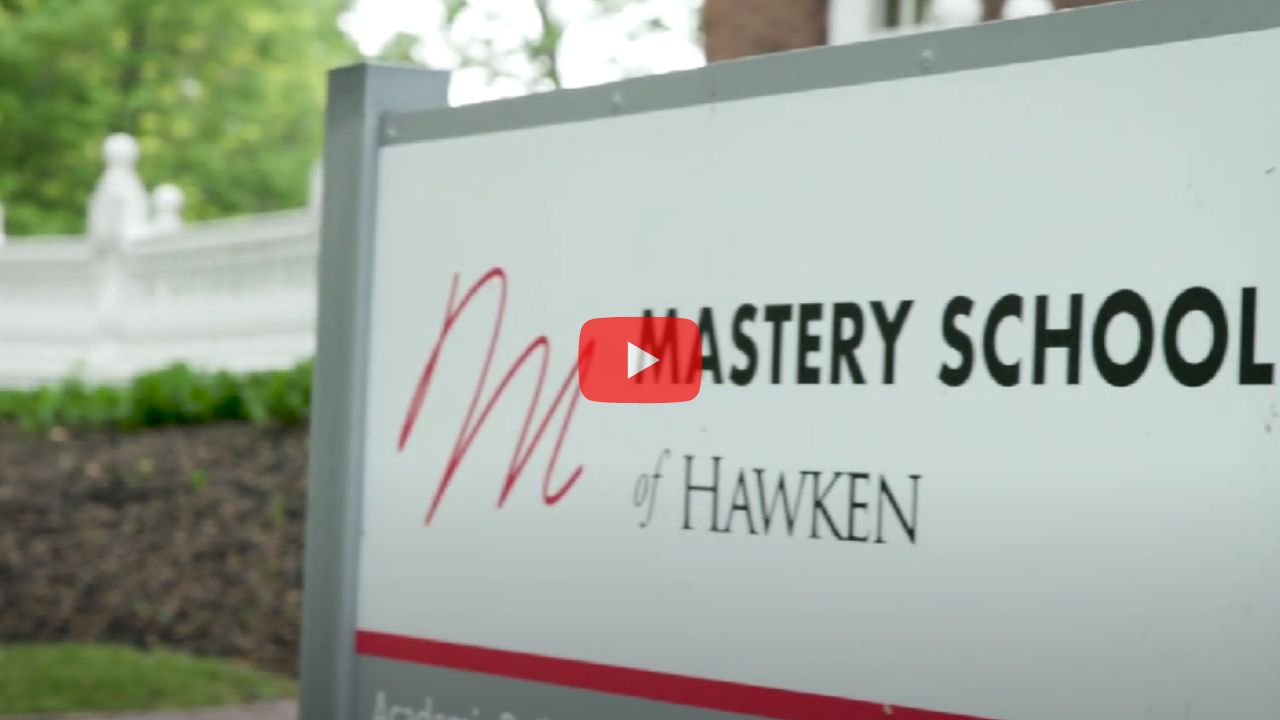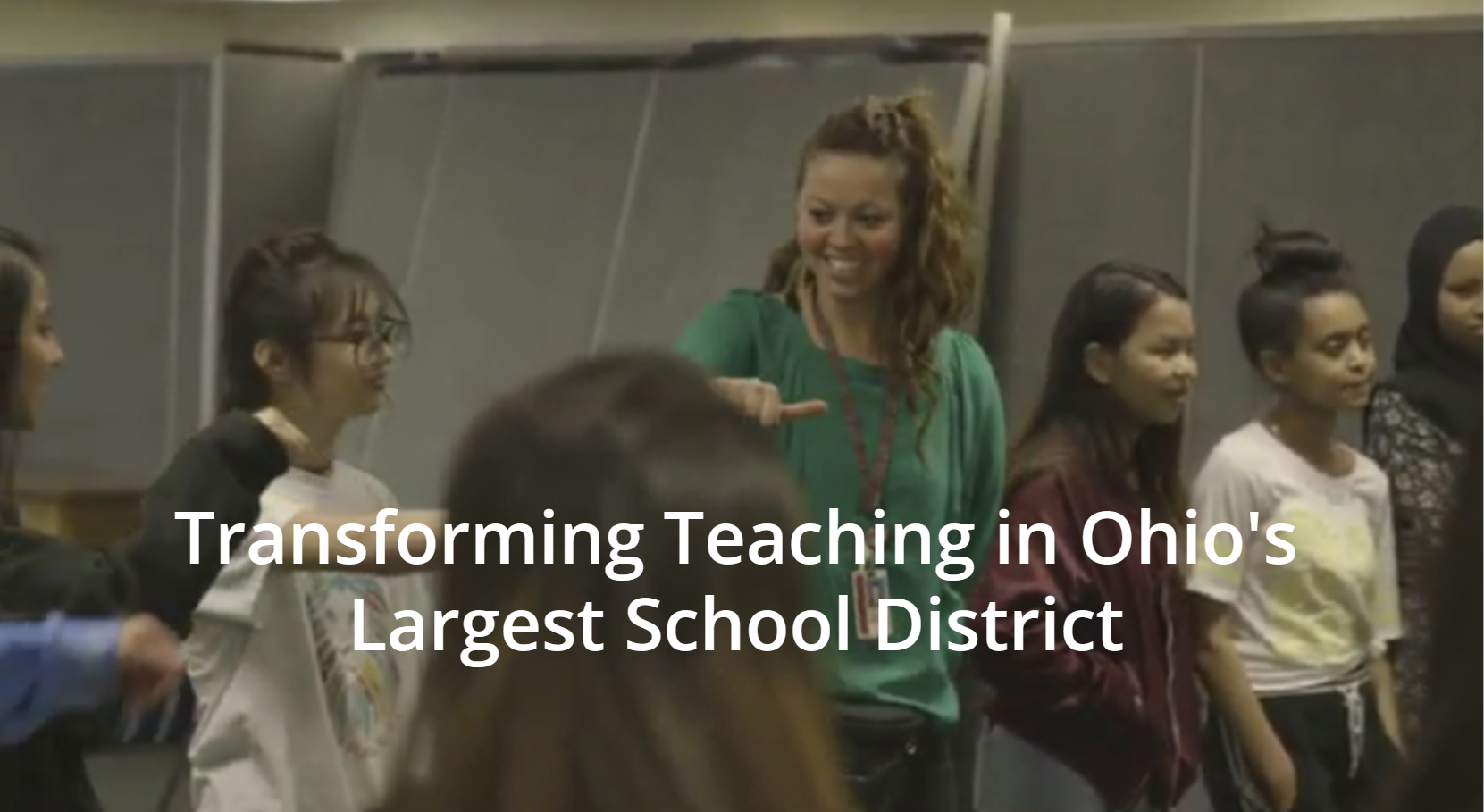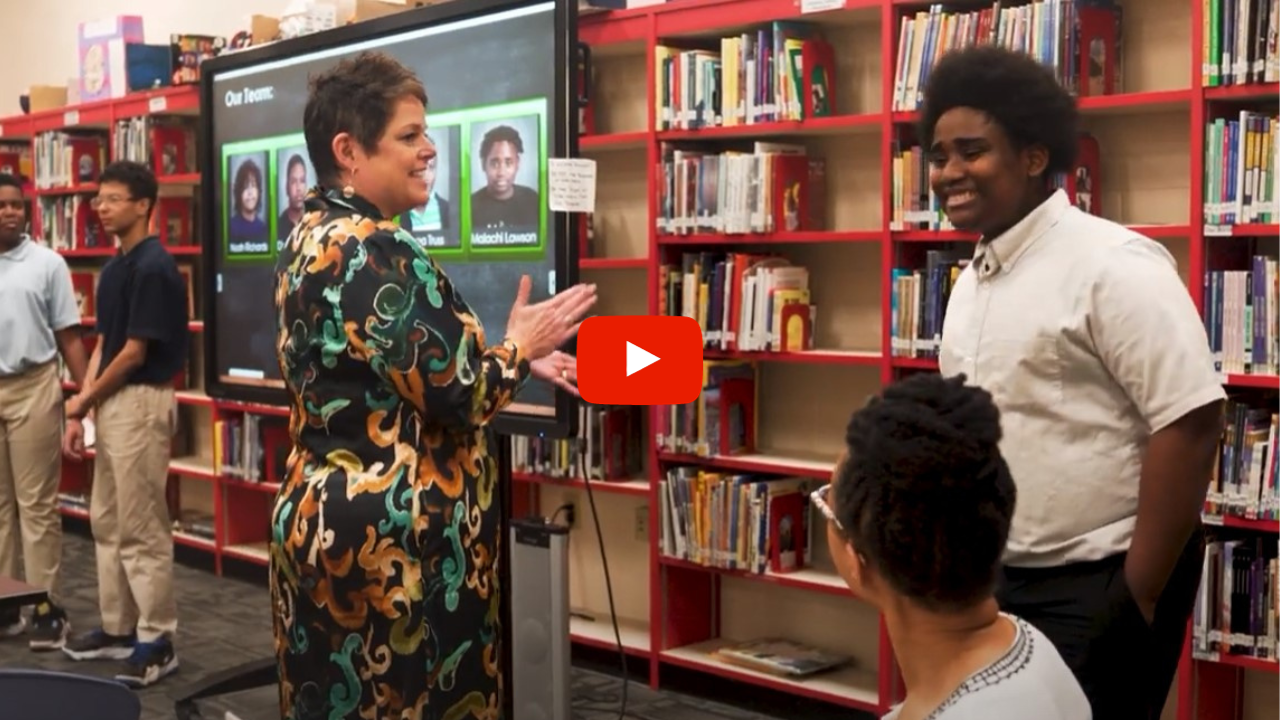In this episode, Doris talks to Anne Love of Concordia International School in Shanghai, China. Anne is the High School Academic Innovation Coordinator as well as a teacher of science and social entrepreneurship at her school. They discuss how Anne has changed her social entrepreneurship course using the Korda Method. She shares the shift in her instructional practice, which has changed the way she is teaching skills in the classroom.
Do School Better: A Podcast for People Who Want to Transform Education - Listen to more episodes here
Doris: So, hello, Anne.
Anne: Hello, Doris.
Doris: Can you tell me a little bit…the folks listening, about you and where you teach and what you teach?
Anne: Yeah, so I teach at Concordia International School in Shanghai, China. I’ve been there now… This is my fifth year at the school. And I’m a science teacher, originally, I was science teacher for most of my teaching career. Three years ago, had the opportunity to teach Social Entrepreneurship. Kind of developed this Social Entrepreneurship class at Concordia, and jumped in and started doing that. So now my life is split between Social Entrepreneurship, AP Environmental Science, and then I do a little bit of… I’m considered the Academic Innovation Coordinator as well, so I also work with teachers, supporting learning in that capacity also.
Doris: Oh, that’s awesome. And you came to the workshop, tell me what’s been happening with that, what did that do, and what are you doing with it?
Anne: Yeah. So like I said, you know, three years ago, when I started this class, it just came out of this crazy idea and I’ve talked to you about it briefly before, like, how can we get students involved in a really cool project? So we started getting coffee that you source in Southern China, and having the students roast the coffee on campus to kinda create the social enterprise. So the money that they make from roasting and selling the coffee goes back out to the farmers in Hunan, and at the same time, they are learning about social entrepreneurship. They are learning all these really cool skills. And we’re like, “That’s great.”
And so I didn’t know anyone who was doing this three years ago. And so I was searching the universities and planning my course off of a university class. You know, just trying any resource that I could find that was out there. And I guess last spring, I was continuing the search for someone else was doing this. I came across your workshop, I’m like, “Wow, this is exactly what I’m looking for. People who have this mindset. And who think schools should be different than what it is now.” And so I was super excited for that opportunity. And I think everyone there at the workshop was just in the same mindset like there’s something magical about this type of teaching. And we all had pieces of it.
But how can we kind of harness our collective knowledge, and how can we learn together, and what are strategies other people out there are doing? And so it was a great opportunity for that. So I went to the workshop, and it was amazing. I learned so much, oh, my goodness, over those… You know, you said I was drinking from the fire hose, right, over two days. So learning just great stuff, and just being connected with people of the similar mindset, who also just want to, as you say, do school right, just do school differently. Like, how can we really just change our education as right now? So that just so exciting.
And after that time, I went back to my class, because before, it’d been really… It was very traditional, it was social entrepreneurship. So we were doing something very different. And the students had an applied piece to the course, where they were doing this real work, and there weren’t answers to the problems that they were trying to solve. But, I didn’t know how to do it any different than normal school, right? So I would have, unit one, social entrepreneurship, unit two, business models, unit three, design thinking. Right? So I had these units because that’s just what I knew how to do. And in those units, then I’d weave in the social enterprise with students we’re running.

And then after your workshop, I was like, “Oh, wow, like, this is a whole different way to do things.” Like, it totally shifted my thinking from the idea of three units to, “That doesn’t matter.” What matters, like, the business challenges that you have the students go through, they learn so much just going through one of those challenges. You don’t have to really necessarily have a specific unit for design thinking because it’s so much more powerful when you have a piece of it that they need right then. But they learn, and then they try it again to a different business challenge later on.
So I’ve really shifted my whole course as a result of that workshop, where You would do business challenges where you have them work with outside businesses all the time. And, for me, my first one was with our own social enterprise. They had to solve a problem for that business. And then we shifted to an outside business. And then now we’re shifting back to kind of a business challenge for our business. But I’m still using that same model, and just I’ve really found in this process the work that I’m getting from the students is incredible. You know, it’s been hard. It’s a lot of work. And you were gracious enough to have that Skype call with me half way through the year. I’m like, “How do I do this? Like, you know, I need some help.” And that was just so nice that you offered that support, and that has really just helped keep me going this semester and plowing through.
And yeah, they are validating the hypotheses so well. I mean, they’re really getting out there and doing great research, and they’re really applying these pieces of information I’m giving them, or they’re able to get out there and find that information. So it’s so much richer experience for them. And the focus on the skills is also very incredible. I didn’t know how to focus on skills before, I honestly didn’t… Like, how do you even do that? Like you do it… but how do you articulate that you do it? And so through the workshop, I got a lot of tools. I thought this is how you talk about these skills, how do you develop these skills. Like, in your point that you brought up at one time, you just have to have a really real conversation with them about this is why I’m doing this. You know, this is why this is important. And they buy in, big time. And they see the value to the learning that they’re doing.
Doris: That’s awesome.
Anne: Sorry, it was a long explanation.
Doris: No, it’s great. I mean, I think, you know… There are so many things you said that are interesting to me. As somebody who is also a science teacher, you can appreciate that, whether it’s a business or a social enterprise, or if you’re teaching a science course, it’s some kind of challenge or problem. It’s entirely different because the students are… Their objective, their primary objective is not to learn what the teacher is feeding them in that unit so that at the end of the unit they can show they’ve learned it, but it’s to problem solve, explore, discover, create with something that’s real and complicated and…
Anne: Right.
Doris: You did a great job of describing your shift in approach and how to teach skills. So it’s entirely different thing as a teacher to acknowledge, and understand, and accept, that we need to need to, in addition to students gaining knowledge of different things, they also need to develop these skills. It’s entirely different to accept that we need to do that and to be able to know day-to-day, with five classes a day, 35 kids for 45 minutes… how do you actually do it? And the how, you know, the how is really important. And I’d be interested in hearing more examples of things that you’ve experienced as a teacher, that you’ve done as a teacher this year that are different and have either worked or not worked, or… It is hard.
Anne: Yeah. I mean, I guess one example, so as I mentioned, the first business challenge that we did was… Our coffee roasting social enterprise, it’s called “Third Culture Coffee Roasters.” And it’s challenging because the students I have come in new every year. So I have to get them up to speed. And it’s new every year as well, so it’s not like I’ve forgotten how to do this. And so I said, “Well, how about if I just throw them in?” And I give them this business challenge, and I say, “Okay, like, through this business challenge, you’re going to, like, learn about our coffee business.” And the business challenge was… I don’t remember the exact wording I gave them actually anymore, but it was something around, “We have a loan we have to pay off, so how can we increase sales and pay off our loan for Culture Coffee Roasters?” something to that extent. You know, and they knew nothing about us having loan. “What does that mean? Like, “Where are our finances located?” You know, “Who’s our customer segment?”
And so instead of me going through and saying, “All right, open up Google Docs. Let’s look at our finance documents. You are the marketing team, you know this is what you should be doing. You’re the coffee production team, this is what you should be doing.” Instead, it was like, “All hands on deck. All right, let’s look at this problem and figure out the business yourself.” And then, they presented it, the very first presentation to our principal, assistant principal, and there were a couple of other people there as well. So I was standing there like wow. And weren’t the best presentation, right? And I didn’t expect them to be the best presentation.

Doris: I mean, I always say this, you know, the first ones are horrible, usually.
Anne: Yeah. And we found that, but reflecting on that, and then moving forward there, they learned so much about the business without me telling them about the business. And they were able to take ownership as well, you know, and reference things. Like later on, we’d have conversations about something financial that we’re trying to figure out, and they’re like, “Oh, yeah. You know, in this folder its document as I was looking through, you know, for the business challenge.” And so the learning was definitely there, and that did work. I found that worked really well.
Doris: That’s great.
Anne: So that’s like one specific example of just… Again, and that is from day one. Like, just try. Like, let’s just try this.
Doris: Yeah, exactly. Exactly. When you think about… You know, you had the same… You came up against the same challenge that I have, that so many of the teachers I’ve worked with had. We still have to give grades. That this is hard, all of it. It’s a completely different way of, not only teaching but of learning. And if you really, really prioritize skills development and mastery, how you assess that, we’re talking about a model where the assessments are in performance and portfolios, and not in a unit tests. You’re at the beginning of figuring how to navigate that.
Anne: Correct.
Doris: You know, very interested not only how was that difficult at first, but then, where is that now and where do you see it going over time?
Anne: Yeah. You know we talked about this in December, and that’s been a tough shift, going into this as a teacher who is used to teaching, that this is worth 10 points, and you get 8 out of 10 points, and that goes into grade book, and you get a grade at the end. I learned pretty quickly that that did not work in this system. I was doing that at the beginning of the school year, and what I kept having students come and talk to me about was about their grade and not about their learning, it was so frustrating. Because I kept saying the grade doesn’t matter, why are we focusing on this grade? It’s like, “Have you learned this material?”
But, you know, in a school where academics are really important and these students feel a lot of pressure, it is important for them. And I really realized, getting into that first semester, that that was really being in the way of good learning that could be happening. And so I reached out to you, and we had a great conversation. And I wouldn’t say I have any answers, at this point either, but I think I’m making more progress, just really shifting… I kind of got rid of points. I went to descriptors, like categories, and so they now get descriptors for the work instead of a score for work. And, you know, it’s communicating on this rubric, “Hey, you’re exemplary, you’re capable, you’re developing. This is how you can get better.”
And just the shift in getting rid of points, has been huge for learning. I don’t have those conversations anymore, to be honest, and that’s really great. Now, it’s always tricky in this systems that we’re in. How do you even convert that to a letter grade at the end? And so I’m still trying to figure out that system, and I don’t have a perfect one yet. But, you know, it works for now. And as we get more people who are doing this together and we learn from each other, I think there’s cool stuff that could be done.
Doris: Well, and I don’t know if I’ve talked to you about the Mastery Transcript Consortiumthat we started?
Anne: Yeah.
Doris: But, it’ll make sense to you that when we decided… Scott Looney, he’s the head of Hawken School and my partner of crime in all this, when we decided we were gonna built, a few years ago, a lab school at Hawken, where we were gonna take the model and methods I’ve developed in this entrepreneurship class and create an entire high school program using this method and these models. We decided immediately that this was going to be the whole lab school with a portfolio and performance space assessment model just with rubrics, just like what we do in the entrepreneurship class.
And grades don’t work for that. And we wanted to create a mastery transcript. And when we found out that, great idea, but if only Hawken is doing it, the colleges won’t accept it, which is an obvious thing. We decided, and it was Scott’s idea, to create a consortium of schools to create a mastery transcript as an alternative to a grade transcript, to allow this entirely different model of academics and education that we were talking about.
So the reason I say all that is this something that… and it’s really global, that all kinds of people are realizing that we need to entirely change the assessments in this way, that grades don’t work for the kind of education we’re developing where students are being prepared for this world and the world they are going into. And so hopefully, you, me, others, we won’t have to figure out how to make grades work with this. There will come a time when we’ll have a much richer model for assessing students, skills and knowledge and habits with micro-credits and all that stuff. So I know very well how difficult it is to do this and have the crazy, exciting learning happen in the classroom and still have to give grades and, hopefully, we gonna evolve to a completely different and better model for that.
Anne: Yeah, that would be great. And I hear it from so many people, you hear it, right? But the people just don’t know how to do it right now.
Doris: Exactly.
Anne: Like, do we actually make this work for everybody? You know, I don’t necessarily think every single class, this would work for, and I don’t think it’s appropriate for every single class. But for classes like we’re talking about, it’s super important to have a different way of communicating what the students are learning.

Doris: Yeah. So I wanna ask you about that. So I wanna ask about the… If you think about this kind of teaching and go up a step from using a business, always having a business challenge, but just think about the kind of work that the students are doing and the instructional practices as a teacher. Do you find that by implementing this stuff in your Social Entrepreneurship class, this method, that it’s splashing over at all into the way you teach your science courses?
Anne: Yeah, I was just thinking as you were asking the question, like, “Yeah, that’s totally true.” It is. It’s interesting. And as we think about assessment, especially in small ways. So I teach AP Environmental Science right now, so I don’t have a lot…
Doris: Flexibility.
Anne: Flexibility in the curriculum. And we had this conversation at summer. I said, “I would love to change my AP Environmental Science completely in this direction. And as I’ve gone through this year, I’ve tried to think, but I’m like, “I don’t know how I can do that.” I still hope it’s possible somehow, but right now, I haven’t figured out the way to do that. But, what I have been thinking about more and more are what the skills the students are developing even as I’m going through a traditional unit in the AP Environmental Science class, and how can I really work to develop those skills more?
And I’m just more mindful of that I think now in my AP Environmental Science course. I’m also looking, as I do a lot of, even the lab grading, I’m thinking more about, “Okay, is it the points, or is it the descriptors here that I’m really getting at?” So I’ve shifted a little bit also how I do grade, and the rubrics that I’m using for that class as well to make it, again, more about the learning and less about the number of points that they got in the assignments. And I have noticed that, yeah, I have more meaningful conversations about learning as opposed to, “No, I got 28.5 out of 30 points on this assignment.”
Doris: Right. So one… if it’s an AP class, you have very little flexibility. And many of the teachers that I’ve worked with who applied the method in a traditional academic class, had a science course, a history course, honors, whatever course, enough course, and have experimented by trying a unit. I think it would be really interesting. And you and I should have this conversation, a work conversation, where we roll up our sleeves and just for fun, let me see if you’d be interested in this, just for fun. Have an hour long call where you send me your course syllabus for your AP Environmental Science Class, and we look where you could do a little mini-unit experiment in your AP course.
Anne: Yeah. That’d be awesome.
Doris: Because I believe that if you take this method, and you start, as always, with what are the learning objectives? Those learning objectives can, and should, include not only skills development, but also concepts and knowledge sets, and how we structure this method around content goals in addition to skills goals, is something that I love to play around with. So as an example, I worked with one of our physics teachers, and we tried this. We said, “Okay, show me your syllabus, show me what you do,” and, of course, it’s all content, right? And we picked an area, in this case it was a unit that he said isn’t particularly effective or successful, year after year.
And he’s gonna create a unit where the learning goals include, generally, that content area, as well as skills. And he’s gonna find a real problem for the students to solve and… Anyway, we’re playing around with it. And I think that if it is done well, which doesn’t mean you take the entire AP class and say I’m gonna convert the whole year and class this way. But I think what’s gonna evolve over time is methods and models that of education that will prioritize skills development, but doesn’t eliminate knowledge goals, content goals. I don’t like that often the conversation around this is…well, the in classes like this, this works. Or for students who don’t thrive in traditional academics, this works. Or if you don’t care about content, then you can do this and worry about skills. And worse yet, when people talk about different types of skills, soft skills, hard skills… I think this is about an entirely different method where as teachers, we’re truly creating an educational model for our students, where they’re learning all the above.
Anne: I agree. And I would love to see that in classes in any of the AP classes, or these other traditional classes that we teach. Like, even if we can’t transform the whole thing, because of constraints, like how can we add more of it? Because that’s what’s really important. And I think you just have to figure how to do it. I think it’s possible. And it’s exciting, to me, to think, “Wow, like, could I take what’s happening in the social entrepreneurship and have a piece of it, even in that AP Environmental Class?” Like, that’s sound really exciting to me. It feels really daunting on how to do that right now and, you know, you’re by yourself, I’m like, “Okay, I have this AP exam. I’ve to get through this stuff.” Like, you really need a team of people around you to support you in that work. And I think that’s really important. By I think it’s exciting. And I think it can be done, for sure.
Doris: Yeah. Well, I started all this, you know, many years ago as a math teacher. And I had a prescribed total content list curriculum that I was required to teach. That’s how I started. And I learned by developing this stuff that if you really engaged the students in why what they’re doing matters and you give them agency in what they are doing, and they start to discover, and the focus is on skills, and there is a very high expectation that’s created a culture where the expectation for depth of learning is really high, not by the teacher alone but the students, they will end up being able to learn heavy-duty content. And they will be eager to do it in a way that is much more powerful than if you just start the year, start the course, “Okay, unit one. Here is the content, learn it, then I’m gonna test you.” And so I’ve experimented with this for, like, 20 years. I’m very excited about having you experiment with this in your AP class. I’d love to help you.
Anne: Yeah, hey! I think it’s great. You know, once we started small pieces in different classes and then, you know, who knows from there? Like, once people see it’s doable, then you can definitely grow and expand from there, for sure. Yeah, it’s exciting.
Doris: Yeah. And then when you think about students who are not AP kind of students, they are students who are in classes and having trouble performing in a conventional math class, really low performing in any traditional class. Either way, an entirely different method like this, I really believe results in students who are… You know, we’re teaching them what to think but how to think. And when you do that, and when they get why this matters, and they see their own ability to learn things, they’ll go crazy hard after the learning and have achievement and success even at conventional things. So, Anne, we’re gonna see each other soon.
Anne: Yes, we are!
Doris: And I’m really excited about it. And when we do, I’m going to be very interested to hear more about what your plans are going forward with this. Last thing I’d like to ask you here in this conversation is when you think about a teacher who is excited about trying something different but is intimidated by the idea of doing something this hard, what would you say to them? Because it is hard.
Anne: You know, I would say it’s hard, but I think it’s so worth just trying. And you can start small. Like this year, I’ll probably try all business challenges this year. But I didn’t know for sure and I didn’t necessarily communicate that to the students that they whole year was gonna be transformed. I just started with the first project, the first business challenge, and just tried it, right? And that way it wasn’t quite as scary because I knew that I could pull out if I need to go back to it. But I found it really successful. And I found it really exciting.
And so I think, you know it’s worth just trying in some small capacity. I know you’re a big fan of piloting things, and I think that’s a great way to do it. And just trying to and see what happens. See how the students are learning, see how you’re learning. As an educator, I’ve learned so much. It’s incredible. And I just feel like I’ve grown a lot this year. I think teachers who try this are gonna get a lot out of it professionally, and their students are gonna get a lot out of it as well. It’s worth the work that goes into it, for sure.
Doris: That’s awesome.
Anne: And I know what the future… You know, for me, if things are still changing, and always on my mind, as you know, as you saw along this path. Like, you’re always thinking how are things gonna be different, how can I change things? And that’s the exciting thing that happens from teaching this way. It’s an ambiguous path, but exciting path, I guess, that you journey on going forward.
Doris: That’s wonderful. It is wonderful to talk to you, Anne.
Anne: Great to talk to you, too.
Doris: I’ll see you soon.


